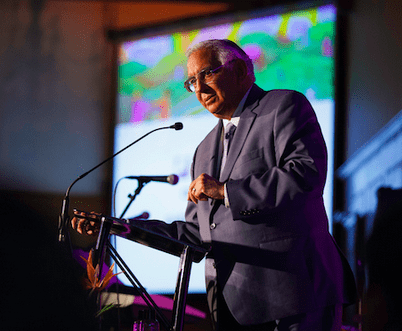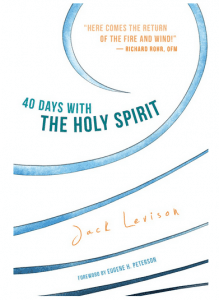 The Holy Spirit is ignored in much of the church and at least one reason the Spirit is ignored in the church is because its theologians ignore the Holy Spirit. To see that this is so compare a charismatic theologian’s Spirit sections with, well, most of the others. In Mike Bird’s Evangelical Theology the sixth section is about the “breath” of the gospel, the Holy Spirit. (36 pages, which is adequate.)
The Holy Spirit is ignored in much of the church and at least one reason the Spirit is ignored in the church is because its theologians ignore the Holy Spirit. To see that this is so compare a charismatic theologian’s Spirit sections with, well, most of the others. In Mike Bird’s Evangelical Theology the sixth section is about the “breath” of the gospel, the Holy Spirit. (36 pages, which is adequate.)
How often does your church concentrate for an entire sermon or a series on the Spirit?
In spite of all the Spirit does the Spirit is often ignored in theology. Partly because of an emphasis on christology or theology proper, or because some are afraid of what might happen if the Spirit is unleashed — or they might get charismatic or Pentecostal. Bird says the Spirit is a “maverick” and can’t be contained (611).
Because evangelical theology is all about the gospel, the Spirit should be more prominent — because the Spirit’s “work” is often connected to gospeling in the New Testament.
His major theses:
First, the Spirit is the promise of the gospel and empowers gospel preaching. Think about John 3:3-5 and 14:26; Acts 2:38 and Romans 5:5. The Spirit liberates (Romans 8:2). All wrapped up in John 20:21-22.
Second, the Spirit is not a force or a power but a personal being. Not a “vapor trail” (616). Look at Acts 13:2.
Third, the Spirit is equal in deity and majesty with the Father and the Spirit. Many Christians are functionally binitarian (Father and Son, but not Spirit), but there is plenty of NT evidence for Spirit as God: Acts 5:3-4; 1 Cor 3:16-17; 6:19-20 and esp 2 Cor 3:17. Bird has a helpful little discussion on the filioque clause: Spirit proceeds from Father (Eastern) or from Father and Son (filioque, Western church, Augustine).
Fourth, the Spirit’s work is to create, make alive, empower, sanctify, reveal and unify.
Fifth, baptism in the Spirit happens at conversion while “filling” with the Spirit is a repeatable experience. Here Bird interacts Pentecostalism and Wesleyanism. The issue is this: Does the Spirit fill at conversion or is a subsequent event? Bird is right to point to a lack of clarity on ordering of such acts in the Book of Acts.
Sixth, the Spirit inspires Scripture by synthesizing divine and human minds. How did it happen? Bird sketches these terms as options: intuition, dictation, dynamic, and verbal. He opts for the dynamic theory — the synthesizing of divine and human minds whiles respecting the human author’s orientations.
Seventh, the Scripture is authoritative because in it the Spirit speaks and that means it is true because God is faithful to his Word.











